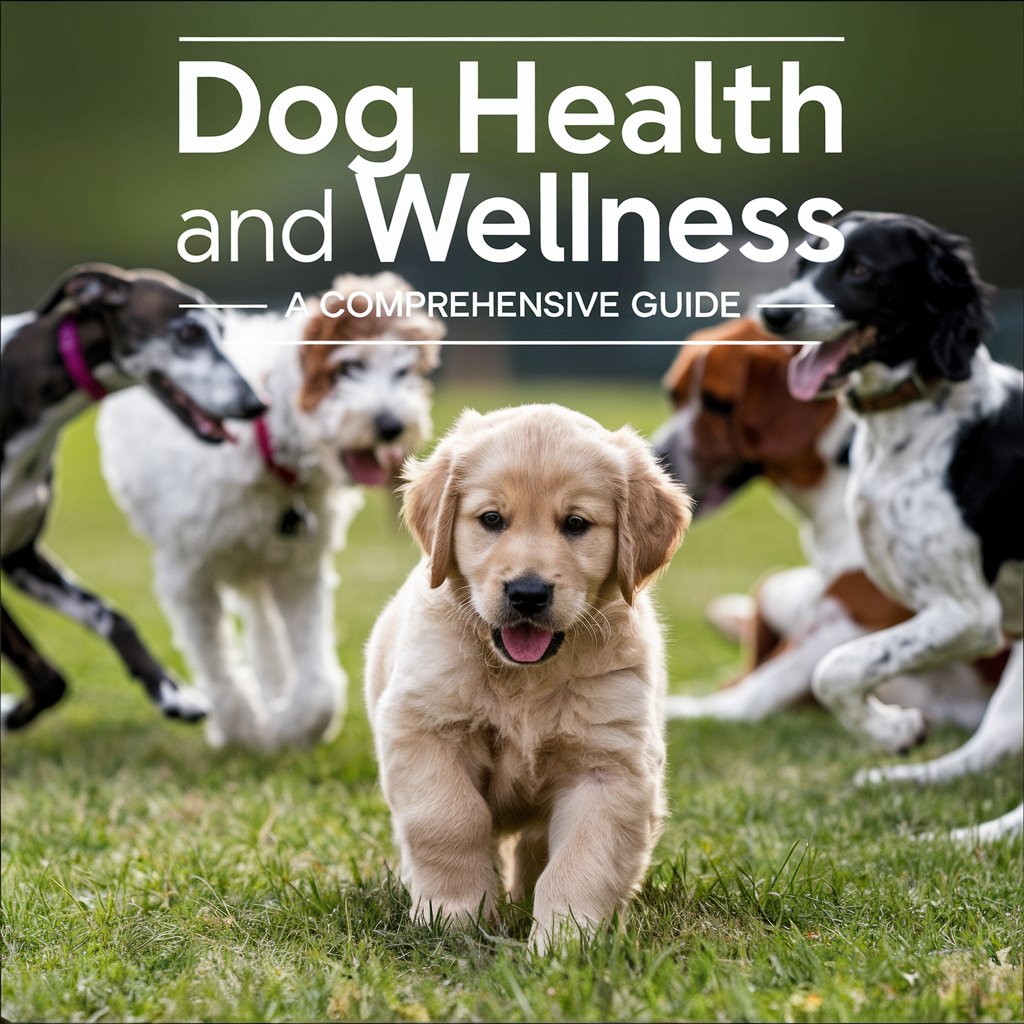
Dog Health and Wellness: A Comprehensive Guide
Keeping your dog healthy and happy is a vital part of responsible pet ownership. This guide covers essential aspects of dog health and wellness, including nutrition, exercise, preventive care, and mental stimulation.
Nutrition
Balanced Diet
A well-balanced diet is crucial for your dog's overall health. Look for high-quality dog food that meets their specific life stage (puppy, adult, senior) and breed requirements. Key components include:
- Proteins: Essential for growth and energy.
- Fats: Provide energy and support skin and coat health.
- Carbohydrates: A source of energy and fiber for digestive health.
- Vitamins and Minerals: Support various bodily functions.
Fresh Water
Always ensure your dog has access to fresh, clean water. Hydration is important for digestion, circulation, and overall health.
Regular Exercise
Importance of Physical Activity
Regular exercise is essential for maintaining a healthy weight and preventing obesity. It also promotes cardiovascular health, muscle strength, and mental stimulation.
Types of Exercise
- Walking: Daily walks are great for physical and mental stimulation.
- Playtime: Engage in games like fetch or tug-of-war.
- Training Sessions: Incorporate basic commands and tricks for mental exercise.
Preventive Care
Veterinary Check-ups
Regular veterinary visits are crucial for early detection and prevention of health issues. Schedule annual check-ups and keep up with vaccinations and parasite control.
Grooming
Regular grooming helps maintain your dog’s coat and skin health. This includes:
- Brushing: Reduces shedding and prevents matting.
- Bathing: Use dog-specific shampoos to keep their skin clean and healthy.
- Nail Trimming: Prevents overgrowth and discomfort.
Mental Stimulation
Importance of Mental Health
Just like physical health, mental well-being is essential for your dog. Boredom can lead to destructive behavior, so it's crucial to provide mental stimulation.
Activities for Mental Engagement
- Puzzle Toys: Challenge your dog with toys that dispense treats.
- Training: Teach new commands or tricks to keep their mind active.
- Socialization: Allow your dog to interact with other dogs and people.
Signs of Illness
Be aware of signs that may indicate your dog is unwell, including:
- Changes in appetite or water intake
- Lethargy or decreased activity levels
- Vomiting or diarrhea
- Coughing or difficulty breathing
- Unusual behavior or aggression
If you notice any of these signs, consult your veterinarian promptly.
Conclusion
Ensuring your dog's health and wellness requires attention to their diet, exercise, preventive care, and mental stimulation. By being proactive and attentive, you can help your furry friend lead a long, happy, and healthy life. Regularly consult with your vet to tailor a health plan that suits your dog’s individual needs.